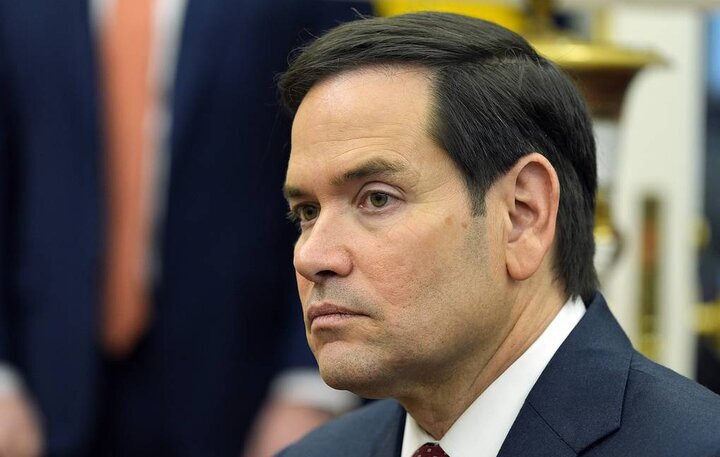TEHRAN – US Secretary of State Marco Rubio said European countries need to decide whether to revive sanctions against Iran, accusing Tehran of failing to comply with the terms of the Joint Comprehensive Plan of Action (JCPOA).
Rubio argued Thursday following consultations with European counterparts in Paris that “they must make a significant decision immediately regarding the revitalization of sanctions as Iran has clearly concluded its current deal.”
However, the story overlooks an important historical context. The JCPOA, originally signed in 2015, agreed to Iran to curb its nuclear program in exchange for relief from sanctions. The deal was a multilateral effort involving the United States, Iran and five other world powers. However, in 2018, the Trump administration unilaterally withdrew the contract, significantly weakening the JCPOA, and fostered Iran’s subsequent commitment under the subsequent contract. Since the US withdrawal, Iran has repeatedly called on Washington for failing to maintain aspects of the agreement and for inciting further regional instability with its “major pressure” sanctions campaign.
In a statement issued Thursday, the International Atomic Energy Agency (IAEA) claimed that Iran is closer than ever to developing nuclear weapons. This comes amid growing Western claims about Iran’s nuclear program. President Donald Trump also repeatedly said that Iran should not acquire nuclear weapons, and framing it as a red line of the United States and its allies.
However, Iran claims it is not responsible for the collapse of the nuclear deal. Tehran claimed that combined with the US withdrawal from the JCPOA in 2018 and the re-challenges of subsequent severe sanctions, it forced Iran to reduce compliance with the agreement’s provisions. Iran also consistently states that, as the United States is a party away from the transaction, the “snapback” mechanism that allows the UN sanctions to be re-challenged.
“A return of sanctions is completely logical and necessary as Iran has ended the agreement and does not respect its commitment,” Rubio continued. His appeal to European countries to make a “quick decision” about the activation of snapback mechanisms reflects disparities within the US administration and European partners regarding Iran’s approach to nuclear issues.

